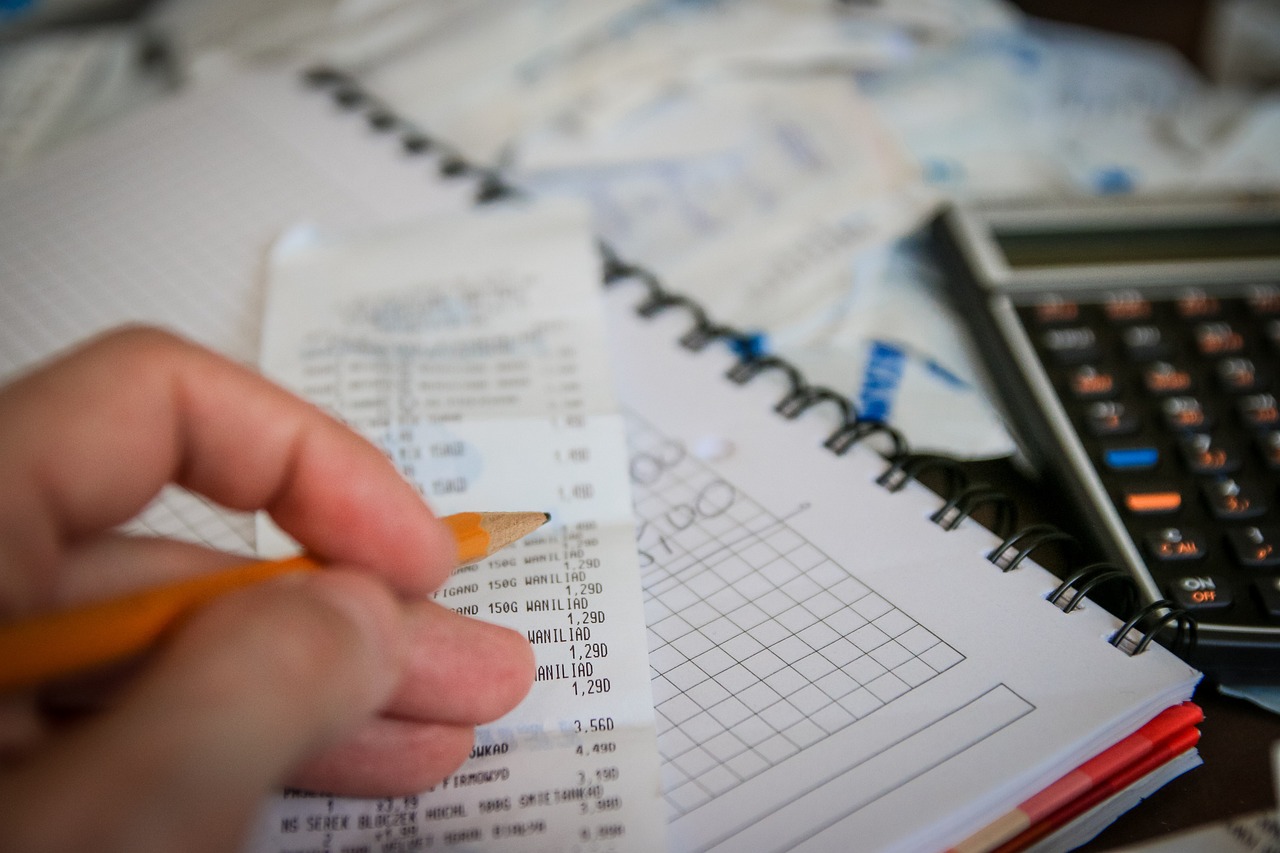While tracking business income can feel far more rewarding, it’s just as important to keep an eye on your business expenses. To do this well you need to understand the benefits of tracking expenses, know what legitimate business expenses are, and have a straightforward system for capturing and analysing expenditure data. So let’s get started.
The benefits of tracking business expenses
Income minus expenses equals your profit, so keeping track of expenses is an essential ingredient of managing your business well. In some ways it lets you see the invisible. You can spot changes in costs early on and make adjustments to promptly seize an opportunity or minimise an upcoming challenge before it turns into a major problem.
Tracking your expenses also means you can safeguard your business reputation. It makes it easy to ensure suppliers, employees and service providers get paid on time. Forgetting to pay people is one of the fastest ways to get a bad name in your local market.
And finally, diligently tracking your expenses can save money by reducing your income tax and GST payments. That’s because you pay income tax on your profit. So you’re allowed to subtract legitimate business expenses from your business income before working out how much tax you have to pay.
If your business is registered for GST, you have to add 15% onto what you charge customers and collect that money on Inland Revenue’s behalf. But you’re also allowed to deduct the GST you’ve paid on business expenses from the GST you’ve collected to work out each periodic GST payment or refund. See our complete guide to GST.
What are legitimate business expenses?
If you’re going to track business expenses, it’s important to know what is and what isn’t a business expense. Although you could pay for pretty much anything from a business bank account, that doesn’t make it a business expense. Generally speaking, business expenses are money spent that’s directly related to the business earning its income. In other words, it has to be necessary for the business.
When you’re running a business, even just a part-time side gig, it’s important to keep your business-related transactions separate from your personal finances. Here’s why:
- Paying for business related things with your personal money and not recording it as a business expense can make your business look more profitable than it is. This can be seen as deliberately misleading people when you apply for a loan or bring an investor on board.
- Similarly, paying for things that are for personal use from the business accounts and recording them as business expenses will falsely reduce your profit and therefore the tax you have to pay. If Inland Revenue audits your business, you could face hefty fines and back payments with interest added.
Sometimes it’s almost impossible to pay for the business-related part of something separately. A common example is the costs of a home office. You pay for things like rates, power, internet and insurance in single transactions – one bill and one payment for each. How do you separate the business and personal use part of each bill? Inland Revenue has a simple rule for this. The business expense part of each bill depends on the floor area of your office as a percentage of the total floor area of your home. It’s often about 20%. If you pay these bills from your business bank account, you can record 20% as a business expense and 80% as money you’ve taken out of the business for yourself (drawings).
The Inland Revenue website has information on tax deductible business expenses and the rules around those that often have a personal component, like mixed use of a vehicle, travel expenses and entertaining customers. It’s always a good idea to talk to an accountant or us a tax platform like Afirmo, even if it’s just to check you have everything set up correctly.
How to track business expenses
The key to doing tracking business expenses well is to make the process as easy as you can. Otherwise people will put off recording expenses and forget about some altogether.
Use a separate bank account for business
The simplest way is to have a separate bank account and have all income and purchases flow in and out of that account. If you want to use a credit card, get a separate one for business purchases only. If you want to run a petty cash system for minor office expenses you still can, just top it up with cash from the business bank account.
Keep copies of invoices and receipts
Inland Revenue requires you to keep a record of all income and business purchases for seven years. If you’re registered for GST, you have to keep a record of invoices issued or sales receipts that show the GST you charged. You also have to keep GST receipts for all expenses claimed. If Inland Revenue audits your tax and GST returns, they’ll want to see these records.
For your own purposes, these records allow you to go back and check your income and expenditure details if you need to. This can be helpful if a customer or supplier is questioning a payment or if your business bookkeeping isn’t adding up correctly.
If you reimburse people, make it easy
When someone pays for a business expense with their own money, you’ll need to reimburse them from the business bank account. It’s important to keep detailed records of these transactions for your own sake, and also because Inland Revenue requires them. It’s known as an ‘expense report’ and has to include what was purchased, by who, when, why and what it cost. Creating a form helps to ensure people provide all the details you need and attach receipts. If you frequently reimburse people, there are some good apps available with the ability to add a photo of each receipt.
Consider using a software package
Bookkeeping and accounting software, like Afirmo’s sales and money tools, and tax software significantly reduce the time and effort involved. With your approval, they can automatically download transaction details from your business bank accounts each day. All you have to do is allocate expenses to your pre-set categories, such as raw materials, vehicle expenses, advertising and so on. You can also match income transactions to invoices issued, so you know which ones have been paid.




